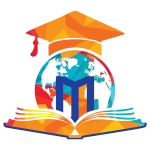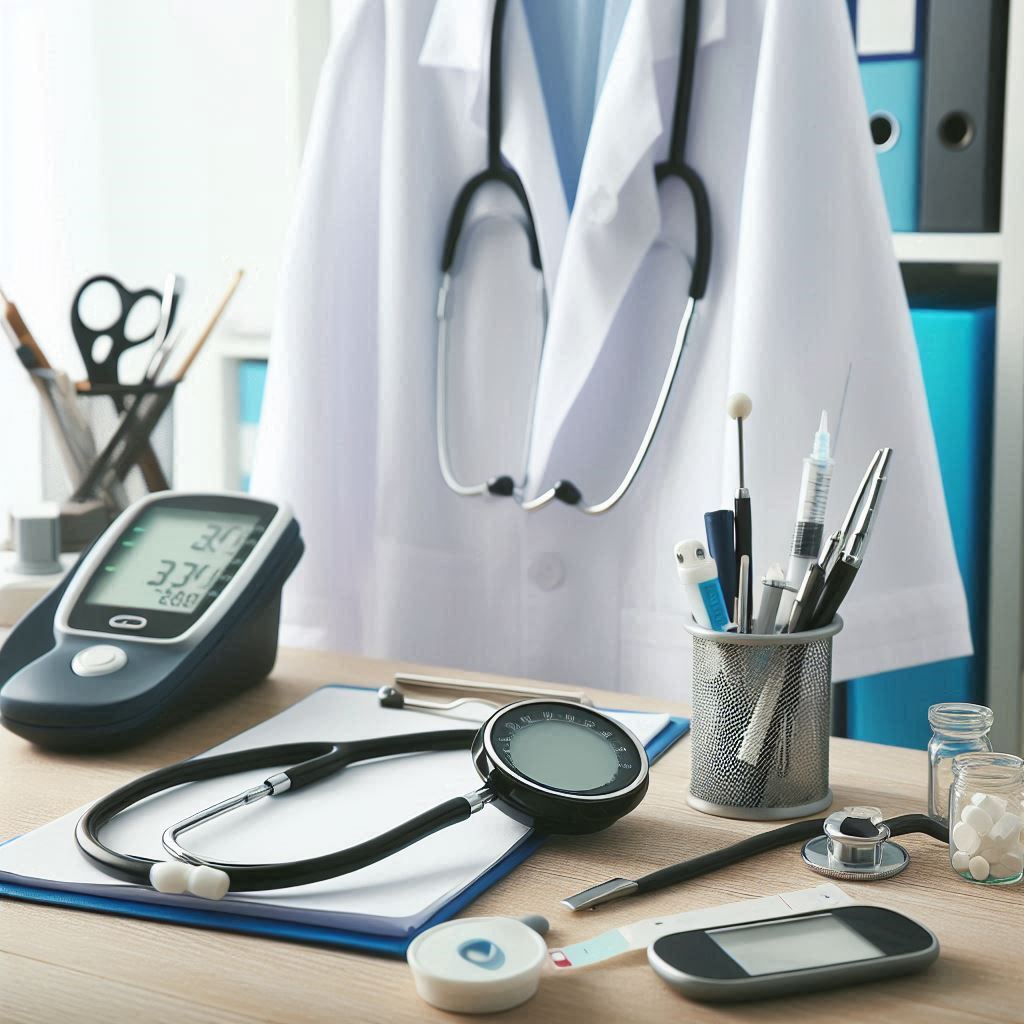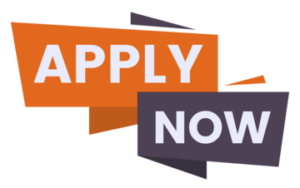This Course Structure is Curated as per the NEP-2020 Guidelines
Course Overview
B.Sc. Sleep Medicine Technology program at Malla Reddy Vishwavidyapeeth, Hyderabad, is an undergraduate course designed to train students to assist healthcare professionals in diagnosing and managing sleep disorders using advanced diagnostic and therapeutic technologies.
This program focuses on equipping students with the theoretical knowledge and hands-on skills from 1st semester itself. This program provides students with a comprehensive understanding of sleep physiology, polysomnography (sleep study), respiratory therapies, and patient monitoring during sleep. The curriculum focuses on conducting sleep studies, analyzing sleep patterns, and managing conditions like sleep apnea, insomnia, and restless leg syndrome. Students gain hands-on experience in sleep labs, learning how to support healthcare teams in providing effective sleep healthcare solutions.
Graduates of this program emerge as ‘Skilled Sleep Technologists’, enabling them to pursue further higher studies and research in Sleep Technology along with plenty of job opportunities globally, particularly in sleep labs, hospitals, and specialized clinics.
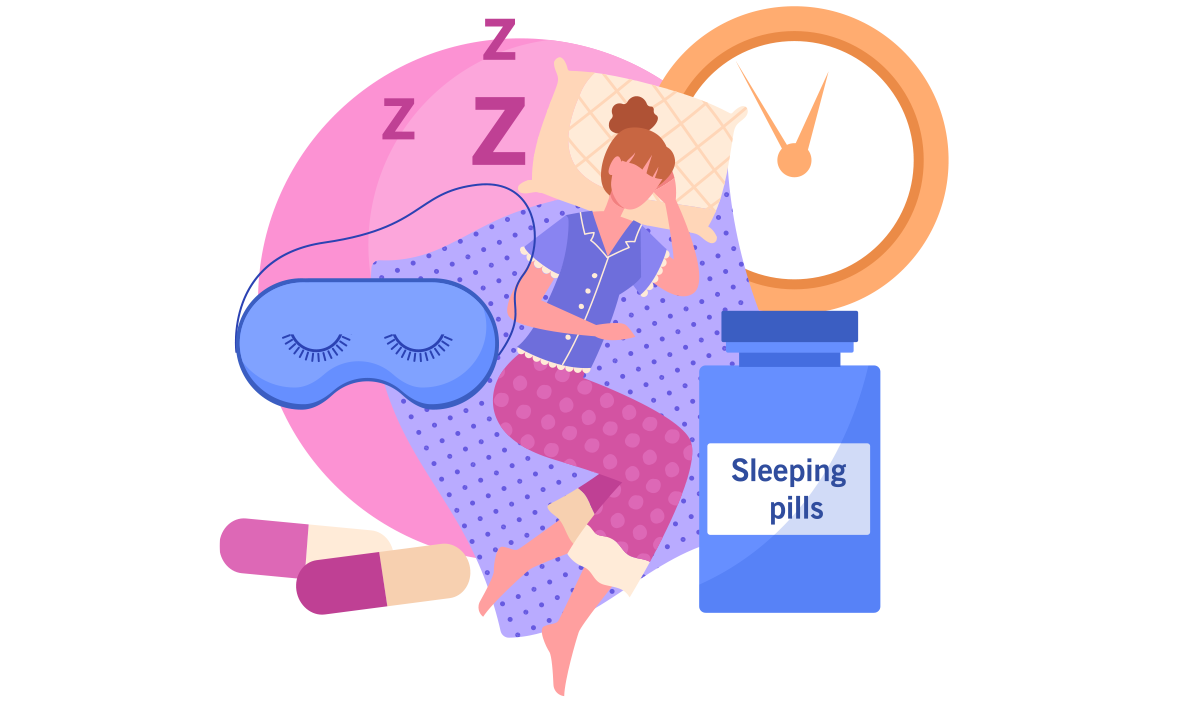
Course Details
Description: 4 Years Degree Program
No. of Seats: 40
No. of Credits: 160 minimum & as specified
- Eligibility
- Curriculum Structure
- Program Outcomes
- Career Enhancement
- Higher Studies
- Job Roles & Progression
The minimum eligibility for B.Sc. Sleep Medicine Technology is a pass in 10+2 with at least 50% in Physics, Chemistry and Biology from a recognized board (CBSE/ISC) or equivalent.
| Semester | Name of the Subject |
| Semester 1 | Basics of Human Anatomy, Physiology – I Introduction to Sleep Science Medical Terminology Practical: Anatomy & Physiology English & Communication Skills Computer Applications |
| Semester 2 | Physiology – II Basics of Polysomnography Pathophysiology of Sleep Disorders Practical: Sleep Study Basics |
| Semester 3 | Sleep Disorders and Classification Patient Assessment Clinical Polysomnography – I Communicative English Healthcare Administration Practical: Patient Assessment |
| Semester 4 | Clinical Polysomnography – II Sleep Pharmacology Sleep and Neurology Practical – Sleep Disorder Studies Project Centric Learning (PCL) |
| Semester 5 | Advanced Sleep Diagnostics PAP Therapy Sleep Hygiene and Counseling Practical – Advanced Polysomnography Internship |
| Semester 6 | Pediatric and Geriatric Sleep Medicine Public Health and Sleep Practical – Sleep Medicine Applications Internship |
| Semester 7 & 8 | On-Job Training and Internship Thesis work |
- Polysomnography: Conducting and interpreting sleep studies using polysomnography to monitor brain waves, blood oxygen levels, and heart rate.
- Sleep Disorder Assessment: Identifying and classifying various sleep disorders like insomnia, sleep apnea, and narcolepsy.
- Patient Counseling and Education: Educating patients on sleep hygiene and lifestyle adjustments for better sleep health.
- Therapeutic Techniques: Assisting in PAP therapy and other therapeutic techniques for managing sleep disorders.
- Data Analysis and Reporting: Compiling and interpreting data from sleep studies, preparing reports for physicians.
Graduates of B.Sc. Sleep Medicine Technology can enhance their skills with specialized certifications and advanced training:
- Certification in Polysomnography: Advanced training in performing and interpreting sleep studies using polysomnography.
- Certification in PAP Therapy: Specialized skills in administering Positive Airway Pressure (PAP) therapy for sleep apnea.
- Sleep Health Educator Certification: Focus on educating patients about sleep hygiene, lifestyle modification, and managing sleep disorders.
- Pediatric Sleep Medicine Certification: Specializes in sleep disorders and diagnostics specific to children.
- Public Health and Sleep Medicine Certification: Focuses on promoting sleep health and preventing sleep disorders at a community level.
- Master’s in Sleep Medicine
- Postgraduate Diploma in Sleep Medicine
- MBA in Healthcare Management
- Ph.D. in Sleep Science or Neurophysiology
- Certification in Specialized Sleep Disorders
| Duration | Roles and Responsibilities | Salary Range |
| 0-3 years | Sleep Technologist, Polysomnography Technician | ₹3,50,000 – ₹5,50,000 per annum |
| 3-5 years | Senior Sleep Technologist, PAP Therapy Specialist | ₹5,50,000 – ₹8,00,000 per annum |
| 5-10 years | Sleep Lab Manager, Clinical Sleep Educator | ₹8,00,000 – ₹12,00,000 per annum |
| 10+ years | Director of Sleep Medicine Services, Chief Sleep Technologist | ₹12,00,000+ per annum |
Note: Salaries vary based on experience, location, and type of healthcare institution.
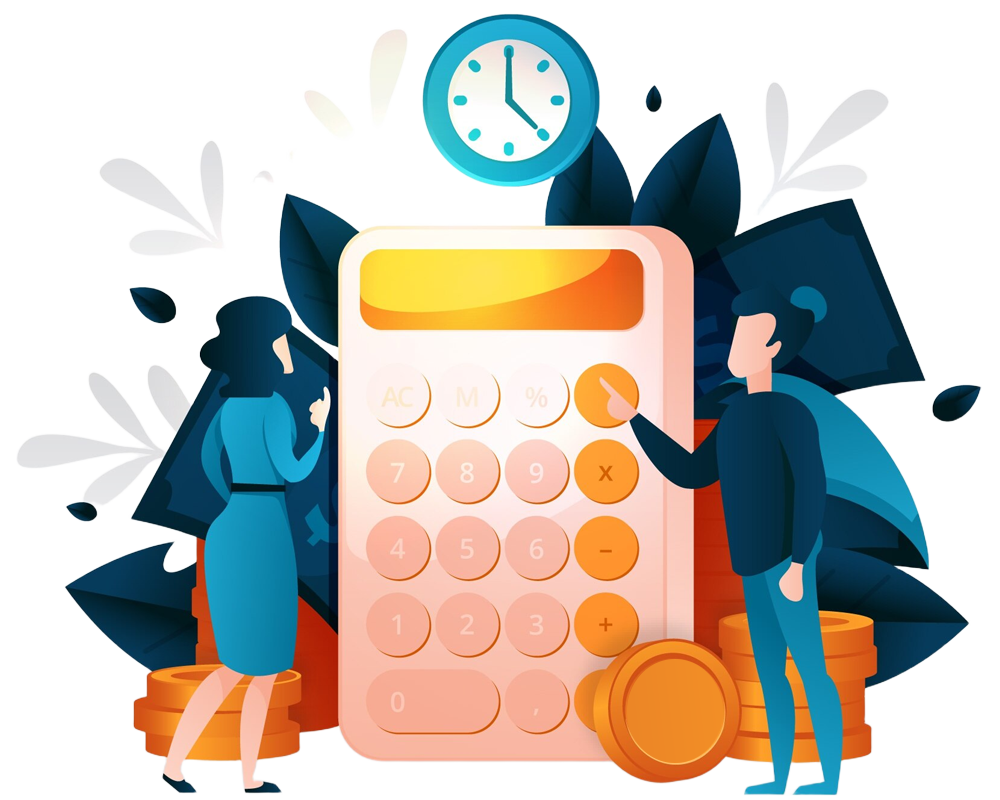
Fee Structure Per Academic Year - 2025
| Tuition Fee | Miscellaneous Fee | Scholarship | |||
| 90000 ₹ | 15000 ₹ | Above 95% – 90000 ₹ | Above 91% – 45000 ₹ | Between 81-90% – 9000 ₹ | Between 71-80% – 4500 ₹ |
| Tuition Fee | Miscellaneous Fee | Scholarship | ||
| 90000 ₹ | 10000 ₹ | Above 90% – 18000 ₹ | Between 80-90% – 9000 ₹ | Between 70-80% – 4500 ₹ |

